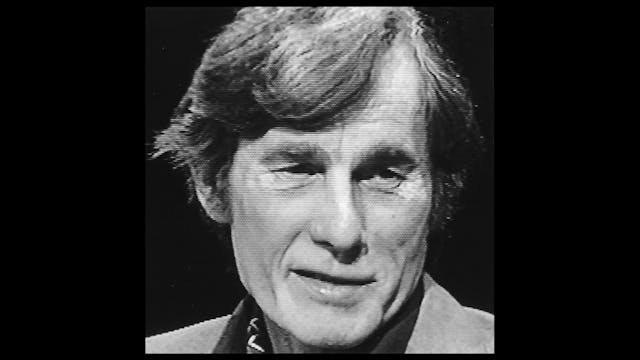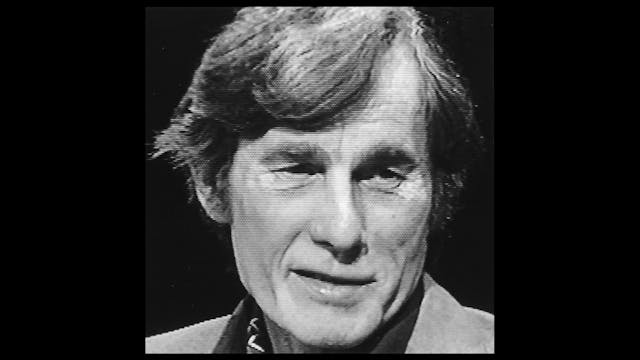Modern psychoanalysis and existential therapy view human beings as essentially creatures of alienation in a hostile universe. Roszak suggests that a psychology that fails to examine ecological relationships is incomplete. He points to the anthropic principle in cosmology as providing a central place for human beings in the universe. The Gaia hypothesis in systems theory evokes lyrical poetry in suggesting that the planet itself may be viewed as a conscious, self-regulating being.
Roszak proposes that in our psychological depths we are deeply connected with nature. He suggests that a greater balance in our relationship with nature will naturally accompany healthier relationships between the genders and greater individual psychological health.
The late Theodore Roszak, Ph.D., was professor of history at California State University, Hayward. He is author of numerous books including Where The Wasteland Ends, The Making of A Counterculture, Person Planet, The Cult of Information and The Voice of The Earth.
Up Next in Theodore Roszak - Towards an Eco-Psychology
-
Roszak, Theodore - Towards an Eco-Psy...
Modern psychoanalysis and existential therapy view human beings as essentially creatures of alienation in a hostile universe. Roszak suggests that a psychology that fails to examine ecological relationships is incomplete. He points to the anthropic principle in cosmology as providing a central pl...
-
Roszak, Theodore - Towards an Eco-Psy...
Modern psychoanalysis and existential therapy view human beings as essentially creatures of alienation in a hostile universe. Roszak suggests that a psychology that fails to examine ecological relationships is incomplete. He points to the anthropic principle in cosmology as providing a central pl...

